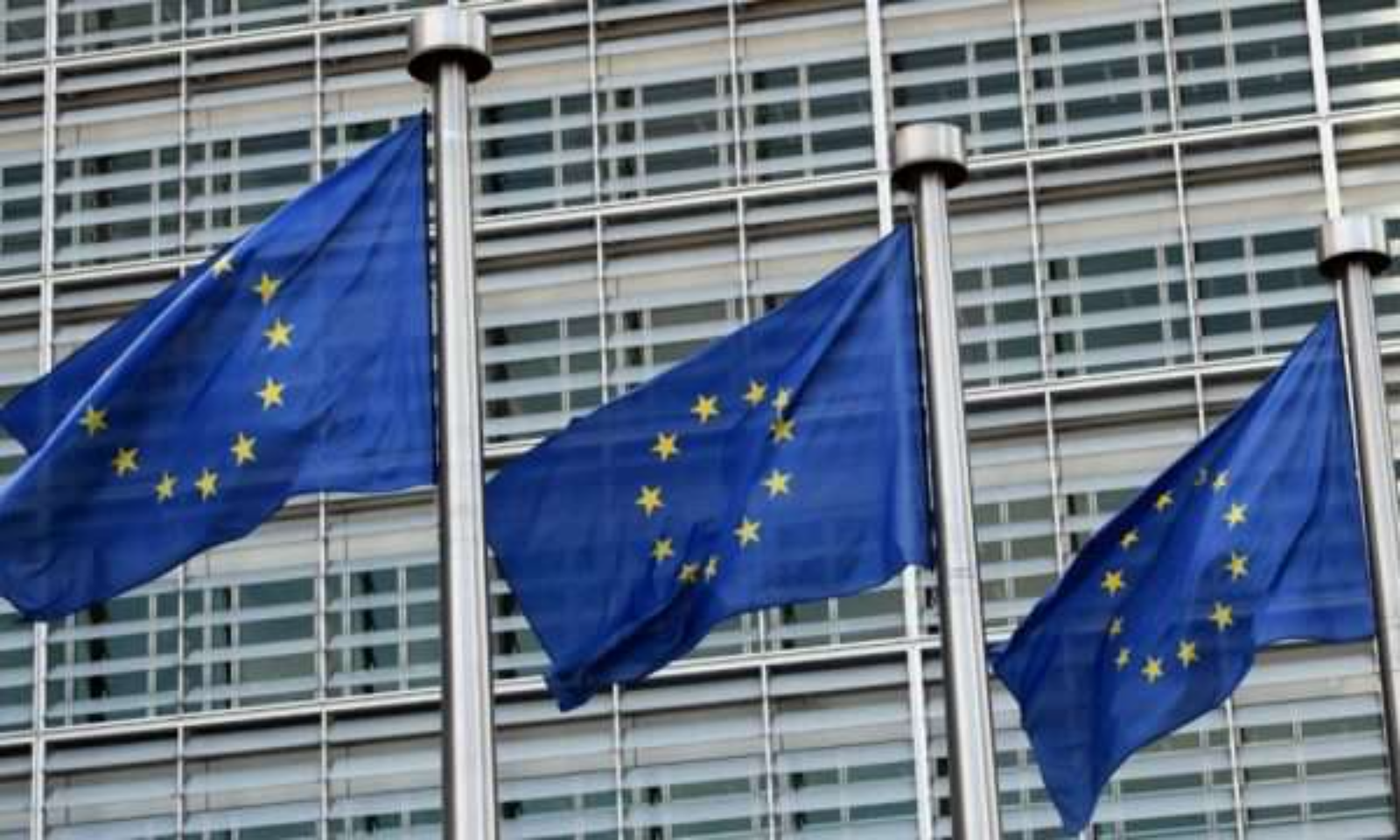The European Union has called on Serbia not to restrict the freedoms of individuals, including foreign nationals, while reiterating that there is no place in the bloc for those who deny the genocide in Srebrenica.
This statement came from an EU spokesperson in response to Serbia’s admission of having lists of foreign nationals who may be stopped and questioned by its security services due to their views.
A few days ago, Serbia’s security service (BIA) detained and questioned Croatian singer Severina Vučković for several hours at the border, reportedly asking her about her stance on the Srebrenica genocide. Vučković had previously called for the genocide in Srebrenica not to be denied and had been criticized by pro-government media in Serbia for these statements.
In the context of Serbia’s EU membership negotiations, the European Commission is closely monitoring developments in the rule of law, including the protection of fundamental rights and freedoms, which are key elements in Serbia’s accession process. While it is legitimate for Serbia to conduct security checks at its borders, it is important that these checks comply with Serbia’s legal framework and European and international human rights standards, said the EU spokesperson.
The spokesperson added that border checks “should not result in limiting the freedoms of individuals, including foreign nationals.”
The EU finds it particularly problematic when measures against certain individuals are based on their political views.
“Any such measures based on expressed political views are problematic and are strictly restricted by Article 10 of the European Convention on Human Rights,” said the EU.
On August 27, Serbia’s Deputy Prime Minister Aleksandar Vulin stated that when he was Minister of Internal Affairs and Director of the Security and Information Agency (BIA), he created lists of those unwelcome in Serbia.
Vulin mentioned that the lists included individuals who had spoken or sung negatively about Serbia.
The EU also reiterated that there is no place in Europe for those who deny the Srebrenica genocide.
“Our stance on the denial of genocide is well known. There is no place in Europe for genocide denial, revisionism, or glorification of war crimes, which is contrary to core European values,” said the EU spokesperson, warning that this issue will be included in the European Commission’s progress report to be published in the fall.
In Srebrenica and surrounding areas, Bosnian Serb forces killed over 8,300 Bosniaks in July 1995.
In 2007, the International Court of Justice in The Hague recognized the Srebrenica massacre as genocide committed by the Army of Republika Srpska. Srebrenica, in July 1995, was a UN-protected zone.
The same court found Serbia guilty of failing to prevent the genocide. The court also stated that Serbia had violated its obligation to punish those responsible for the genocide.
Prior to this ruling, several courts had sentenced over 50 people to more than 700 years in prison for genocide and war crimes in Srebrenica.
Among them are former Republika Srpska President Radovan Karadžić and the then-Commander of the Bosnian Serb Army, Ratko Mladić. Both were sentenced to life imprisonment.







